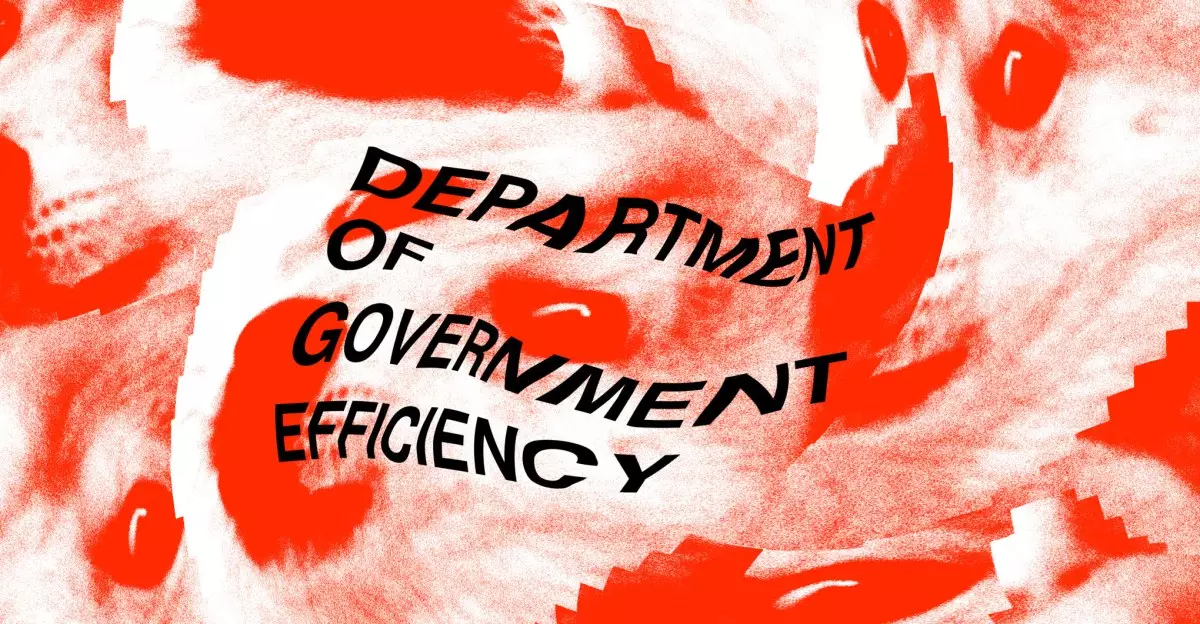A monumental change is on the horizon for the Internal Revenue Service (IRS) as proposals surface for the creation of a revolutionary ‘mega API’ that could transform how taxpayers, businesses, and government entities access tax-related information. Initiated by Elon Musk’s Department of Government Efficiency (DOGE), this ambitious project aims to pull vast bodies of IRS data into a centralized cloud-based platform, heralding an era of transparency and access. However, the feasibility and implications of such an initiative raise significant concerns among experts and stakeholders alike.
An Unprecedented Hackathon Concept
In an effort to expedite the development of this mega API, DOGE is organizing a hackathon, enlisting the talents of numerous IRS engineers to collaborate intensively over the course of a week. This rapid-fire approach, while potentially innovative, has sparked skepticism. Critics question whether compressing such a complex undertaking into a mere seven days is realistic or prudent. Moreover, the notion of involving private third-party companies like Palantir—a firm notorious for its role in surveillance and data analytics—adds a layer of complexity and ethical ambiguity.
The Technical and Ethical Quagmire
Experts express grave reservations about the technical capabilities of a construct that is being proposed to function as a ‘read center’ for IRS systems. In discussions with Wired, some soldiers of the data analytics field posited that the etching of IRS data into usable formats is no small feat. Years of dedicated study might be necessary to accomplish such a transformation effectively. Critics have highlighted that among those orchestrating this initiative, there seems to be a distinct lack of experience related to IRS operations, taxation, or the intricate nuances of government data—all vital components in executing a successful API that would responsibly handle sensitive taxpayer information.
Moreover, the implications of broader access to such sensitive data could invite severe consequences. Reports hint that the Trump administration’s interest in this initiative extends beyond mere efficiency, as discussions have blurred the lines between tax data management and politically charged objectives, such as immigration enforcement. This calls into question the motivations behind opening up tax data to a wide array of third-party entities and governmental bodies. Could this merely be a cloaked method for political control, or does it facilitate genuine improvements in efficiency and transparency?
The Role of Accountability in Data Management
As we traverse this unchartered territory of IRS data accessibility, accountability must remain at the forefront of any discussions. While open access to information can be empowering and democratizing, it also raises significant ethical considerations about privacy, security, and the potential misuse of such data. Organizations should self-reflect on their motives and ensure robust frameworks are in place to safeguard sensitive user information.
In the end, the proposition of a mega API holds fantastic potential, yet it is marred by uncertainty and skepticism. The road ahead is fraught with challenges, and stakeholders must navigate a careful path that balances the innovative spirit of technological advancement against the pressing need for ethical data management and protection.

